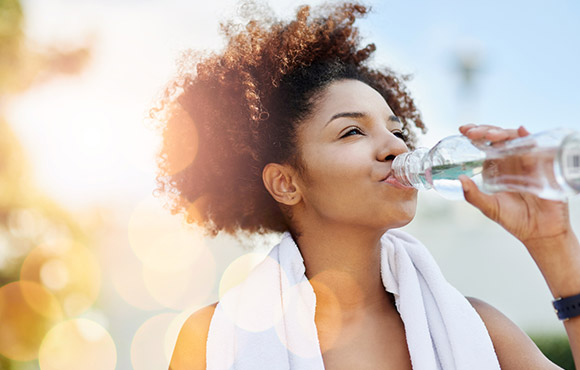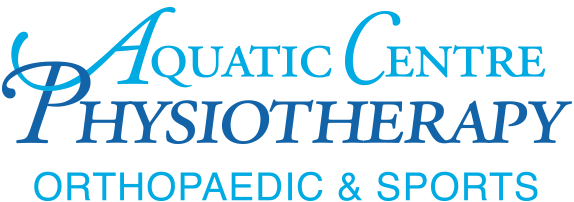
02 Aug 2017
4 Tips to Combat Dehydration
It is mid summer and especially in this heat, we need to pay extra attention to our water intake.
Water is perhaps one of the most important sources for good nutrition; however, it is always overlooked. Staying hydrated is extremely important for daily functioning; in fact, many studies found that even mild dehydration impaired one’s cognitive functioning such as concentration, alertness, and short-term memory.
The phenomenon of dehydration is often misunderstood. True dehydration occurs when one loses at least 1% of his/her body water (eg. 60 kg x 0.01 = 0.6 kg loss of water). Thus, the loss of body water is relative to body mass. This loss of water can be attributed to many factors, such as breathing or sweating. In addition, dehydration during exercise is often linked with hyperthermia, a failure of the body’s thermoregulation system (AKA being too hot for your own good!).
Water requirement depends many factors: environment, age, gender, body composition and physical activity level.
- A typical requirement for an average healthy woman is ~2 L/day.
- The requirement for an average healthy male is usually ~2.5L/day.
Hydration and exercise
Exercise or strenuous activity can increase these values even more to a point where water is consumed upwards of 5-9 L/day for elite athletes. For athletes or people exercising, it is important to hydrate before, during and after exercise. Usually before exercise, one should consume at least 250 mL of water. During exercise, one should consume between 150-250 mL of water every 15 minutes. After exercise, ~500 mL total should be consumed in small and spaced out amounts (portions of 150-200 mL).
Monitor your hydration level
A couple of good and convenient ways to monitor your hydration level is first, by monitoring your thirst. When you’re thirsty, simply drink enough to quench your thirst! Second, ensure proper hydration is maintained by monitoring your urine colour. Don’t just drain it, study it too!

Hydration and food
Different aspects of food ingestion can also affect hydration. The ingestion of high glucose (sugar), high fat content, or alcoholic beverages can all slow down water absorption, thus leading to an eventual shortage of water in the body. If the water requirement is not met immediately when the shortage happens, dehydration will occur. These factors show that it may not be a good idea to drink a lot of pop, or eat a lot of fatty foods without consuming more water afterwards!
The majority of water intake that one takes in can come from fluids. Other water sources can also be from ingesting solid food, such as fruits and vegetables, or through metabolism, in the form of chemical reactions in the body that occur at the cellular level.
It is mandatory that we stay hydrated during daily activity, and especially during exercise!
4 Tips to Ensure Hydration:
- Monitor your urine colour constantly
- Drink at least 250 mL of water before, during, and after an exercise bout
- Eat at least 3 fruits or vegetables that are high in water content per day
- Whenever you sweat, make sure you drink water immediately

